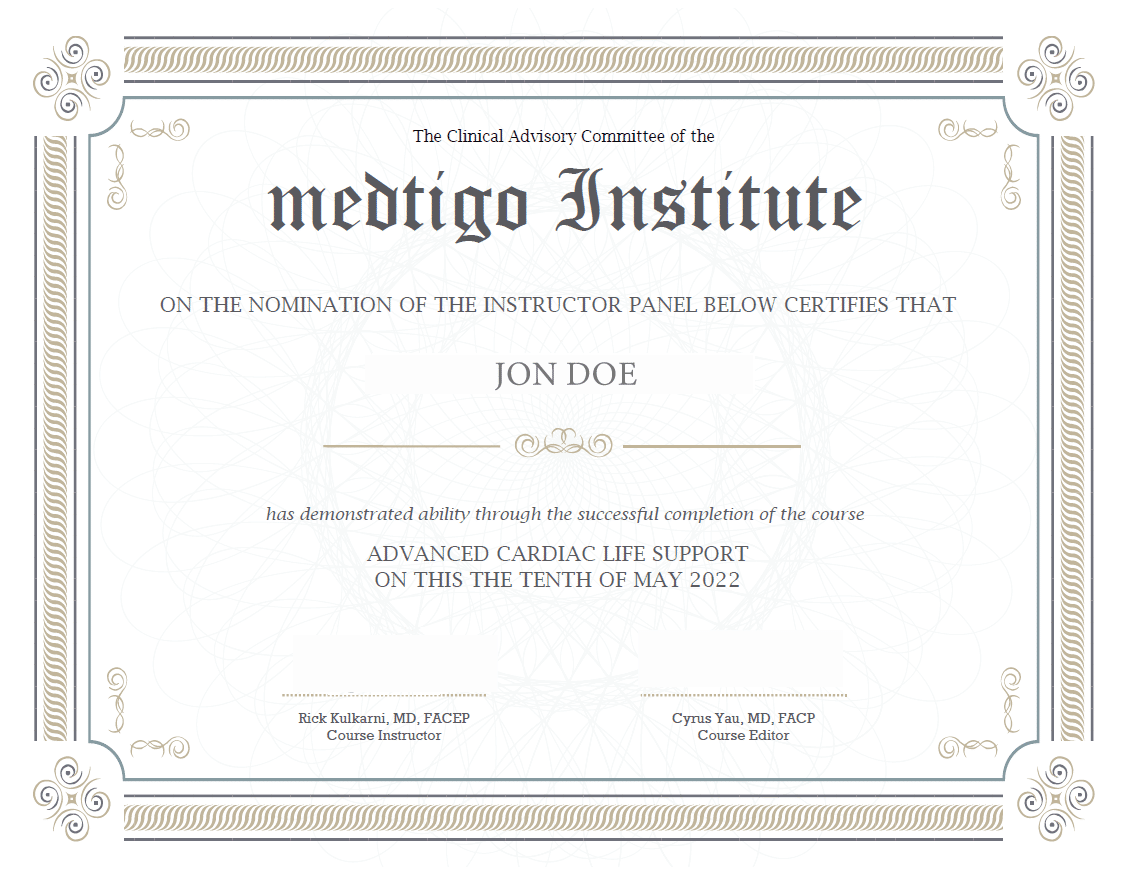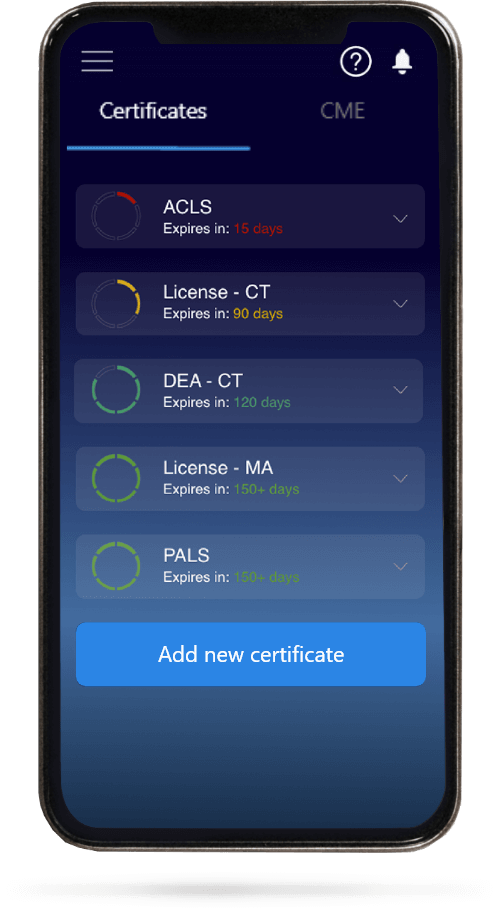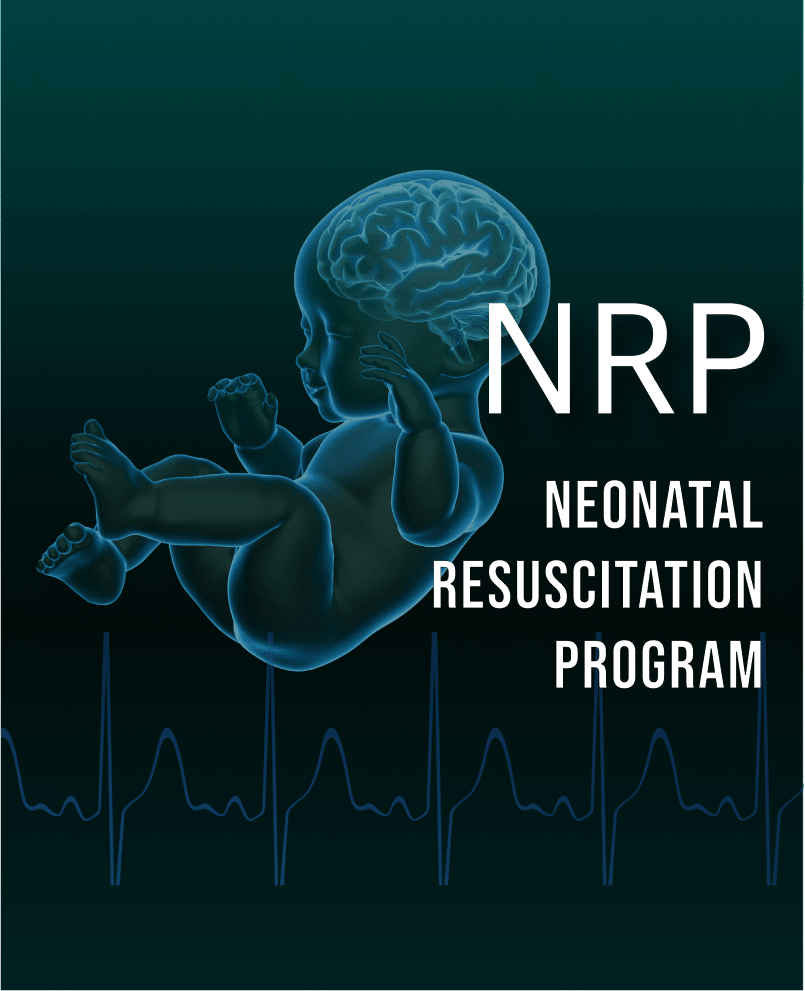Several randomized controlled trials (RCTs), case series, and cohort studies confirm that bariatric surgery results in durable weight loss, enhanced health, and improved longevity. Rapid adoption increases the patient risk if training lags. Quality indicators are used by registries to monitor the safety and efficacy outcomes of surgeries. To track these outcomes, the ANZMOSS created the bariatric surgery registry (BSR), which was first launched in Australia in 2014 and in Aotearoa, New Zealand in 2018.
A longitudinal, registry-based observational study published in the Australian and New Zealand Journal of Surgery aims to assess whether the efficacy and safety outcomes of metabolic bariatric procedures observed in clinical trials are reproducible on a nationwide scale.
A total of 122,567 patients (79% female) who underwent 134,625 bariatric surgeries at 136 clinical sites in Australia between 23 February 2012 and 31 December 2021 were included in this registry study. Participants aged >18 years (children) were excluded. Adverse outcomes, including intensive care admission, unplanned readmission, reoperation, and death, were collected at 90-day follow-up. Additional measures such as annual total body weight loss (%TBWL, weight change), need for reoperation, and diabetic treatment adjustments.
In this prospective study, the mean age of participants at surgery day was 44±11.8 years (12.9-87.9), and the mean body mass index (BMI) was 41.7±7.6 kg/m2. At 5 years, TBWL was found to be 17.6%±11.8 for adjustable gastric band (AGB), 26.5%±10.3 for sleeve gastrectomy (SG), 34.88%±8.67 for one anastomosis gastric bypass (OAGB) and 30.73%±9.47 for Roux-en-Y gastric bypass (RYGB) with P value of < 0.001.
The five-year weight loss analysis demonstrated that most of the included individuals were significantly older (44.8±11.9 years vs. 42.2±11.5 years; P < 0.001; 95% confidence interval [CI] 2.106–2.937), more frequently treated in government hospitals (13.3% vs. 9.5%; P < 0.001), more male participants (25.4% vs. 22.7%; P = 0.002), more likely to need insulin therapy at baseline (4.7% vs. 3.5%; P = 0.001) compared to those with missing data or who underwent conversion surgery. An initial BMI of 43.7±7.9 vs. 43.9±7.9 was comparable with a P value of 0.09 (95% CI −0.5 to 0.04).
Furthermore, at 90 days, 3.6% of surgeries reported defined adverse outcomes. Among primary participants, 13.6% (n = 13,904) received diabetic medications at baseline. At one year, 71.6% (58% follow-up) of participants were required no longer diabetic treatment, and this decreased to 61% (22% follow-up) at five years.
Additionally, 3.7% (n = 3742) of total participants underwent 5109 subsequent surgeries after their initial surgical procedure. Of 45.2% of participants (n = 1693) were converted from their primary bariatric surgery to another type of procedure with 3 years of median time (interquartile range [IQR] = 2.6 years).
This study’s limitations include the loss of follow-up at each annual time point and missing weight loss data, which increase the risk of selection bias. Diabetic participants were more likely to remain in follow-up compared to non-diabetic participants.
This study concluded that metabolic bariatric procedures result in significant and sustained weight loss at a national level for up to five years. Diabetes management has undergone major changes, with many patients no longer requiring medication. Bariatric surgery is generally safe, but some patients require additional procedures due to side effects or insufficient effectiveness.
Reference: Brown WA, Brown DL, Holland JF, et al. Metabolic bariatric surgery generates substantial, sustained weight loss and health improvement in a real-world setting. ANZ J Surg. 2025. doi:10.1111/ans.19378











